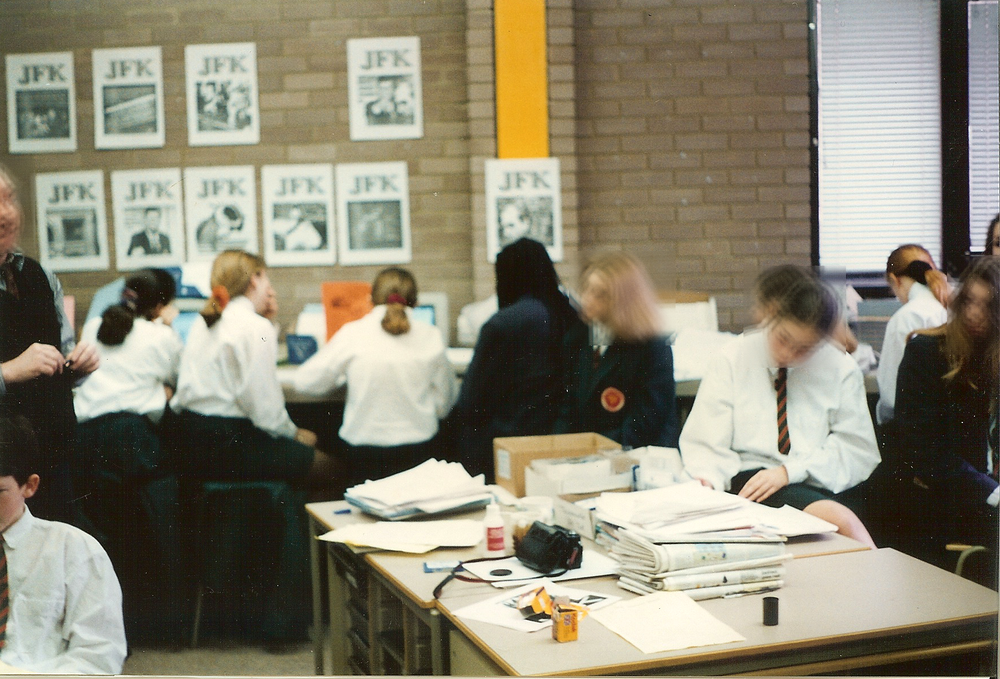I mentioned recently that in his book The Craft of the Classroom) , Michael Marland provided very useful advice on very practical issues in the classroom, and good routines to ensure a smooth lesson. Routines are good, because pupils know what to expect. They are able to predict what is going to happen, and when. Some pupils, whose home lives are chaotic and unpredictable, may even feel safe because of routines. Here are some routines that I think are useful for Computing lessons.
Discuss the tasks they were asked to do at home
Who has found out what? What difficulties did they encounter? What questions arise from the activity? How does it have a bearing on the current stuff we are working on?
Give feedback on classwork and homework
I have always favoured a five minute class feedback (“A lot of you did X, but some did Y. On the whole I was very pleased/disappointed/ecstatic”) followed by individual feedback throughout the lesson. I always wrote comments on the work, and then made it my business to speak individually to at least 6 pupils every lesson.
What’s the latest?
What’s come up in the news that is worth discussing? This doesn’t have to be related to current work. Yu may be doing algorithms, but if there is big story about Facebook accidentally leaking the personal details of all its users, that is too good an opportunity to miss.
5 minute quick-fire quiz
I liked to spend 5 minutes asking questions of pupils at random. I regarded this as a kind of mental warm-up to get them fired up and ready to go for the lesson proper.
Puzzle corner
I can’t think of anything else to call this, but what I liked to do with my pupils was show them a section of a computer program, or a spreadsheet formula, or even a snippet from a newspaper story, and ask questions like: what does this code or formula do? What is the mistake in this code, and would you fix it? What’s wrong with what that person in the newspaper is quoted as saying? What does that person mean by what she is quoted as saying? And so on.
What next?
I used to do a lot of project work in my classes, so I always gave them ten minutes at the end of the lesson to make some notes on what they intended to do next time, and what they needed to do in the meantime in order to be prepared for that.
Conclusion
You can mix these up a bit or omit one or two as you see fit. For instance, you might want to do the 5 minute quiz at the end of the lesson rather than the beginning. Also, it may not be appropriate to do all of them in every lesson. Case in point: if you see the class twice a week, it’s unlikely that you will have set them homework on each occasion. Perhaps you will include the first two tasks every Monday, say, but leave them out of Thursday’s lesson. Similarly with Puzzle Corner. You may wish to leave that out of lessons in which you give feedback – otherwise there won’t be much time left for anything else!
The key thing is that having a few routines gives your lessons and your week some structure, and the activities I’ve suggested are designed to keep kids on their toes.

For more articles like this, plus news, commentary and freebies, sign up for my ezine Digital Education, for great content, longer articles, book reviews, news, comment and guest articles.

